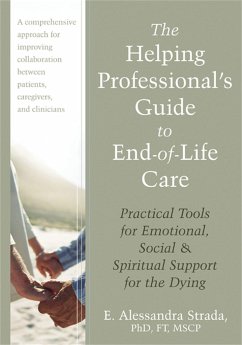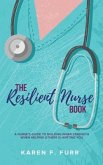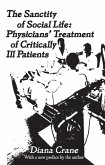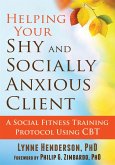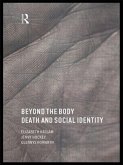Patients in the midst of advanced terminal illness may experience a variety of distressing emotions, and may feel anxious, frightened, regretful, or desperate. This guide intends to help professionals of all kinds through the process of working through patients' psychological issues to allow them peace and comfort in their final moments.
Clinical psychologist E. Alessandra Strada presents The Helping Professional's Guide to End-of-Life Care, a complete manual designed to help chaplains, nurses, physicians, hospice workers, psychotherapists, palliative care specialists, and psychologists address the psychological needs of terminally ill and dying patients and their families.
Hinweis: Dieser Artikel kann nur an eine deutsche Lieferadresse ausgeliefert werden.
Clinical psychologist E. Alessandra Strada presents The Helping Professional's Guide to End-of-Life Care, a complete manual designed to help chaplains, nurses, physicians, hospice workers, psychotherapists, palliative care specialists, and psychologists address the psychological needs of terminally ill and dying patients and their families.
Hinweis: Dieser Artikel kann nur an eine deutsche Lieferadresse ausgeliefert werden.

